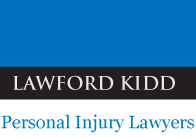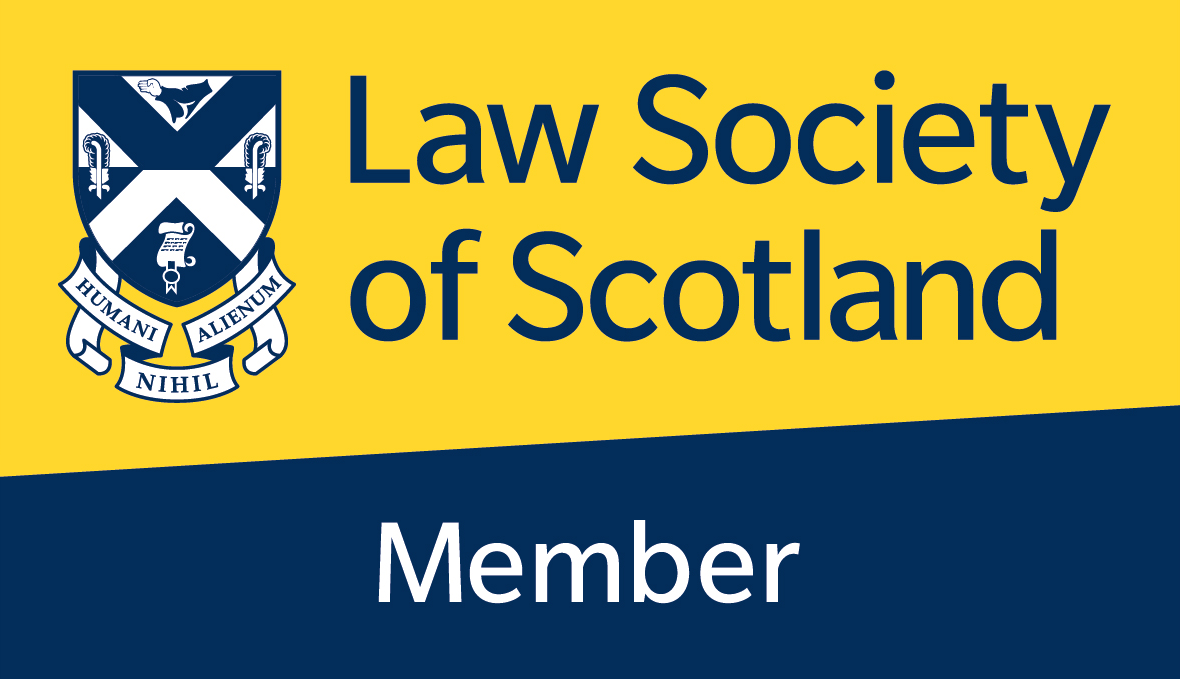Lawford Kidd, Personal Injury Solicitors
Edinburgh Legionnaires’ Disease 2012 Outbreak – Latest News
The Legionnaires' disease outbreak in summer 2012 was a worrying time for Edinburgh residents, mainly due to the lack of information given by local authorities at the time. Four people died and there were 56 confirmed cases, making it the worst Legionnaires' outbreak in a decade.
NHS Lothian's Incident Management Team published a report into the incident this week, which said that since the outbreak, 'the City of Edinburgh Council's Food Health and Safety Service has enhanced its ability to inspect risk systems and its capability to respond to Legionella outbreaks'.
The NHS Lothian Report
Neither the Health and Safety Executive (HSE) nor the Incident Management Team at NHS Lothian have been able to identify the source of the outbreak. The NHS summarised the outcome of the investigation as follows:
The Incident Management Team has concluded that the outbreak was caused by an aerosol release of Legionella pneumophila Sg1 Knoxville ST191 over a defined area of south west Edinburgh during May 2012. Although the Incident Management Team could not establish the specific source of the organism, it has concluded that the most likely source of this aerosol release was an industrial complex containing wet cooling towers in the north east of the affected area.
What Causes Legionnaires' Disease?
The Legionella bacteria gets its name from the American Legion. It was first discovered in 1976 after many people attending the American Legion convention in a Philadelphia hotel all suffered from respiratory disease. In the majority of cases, it is caused by water.
In relation to the Edinburgh outbreak, the NHS report states: 'sources include showers, air conditioning cooling towers, humidifiers, whirlpool spas and fountains'. Inhalation of the contaminated water droplets could lead to the person developing one of two illnesses, which, as the report describes, are 'considered clinically and epidemiologically distinct'. One is Legionnaires' disease, which will give you fever, a cough and pneumonia, and the other is Pontiac fever, which is less serious (you will not suffer from pneumonia if you contract this illness). Other symptoms of Legionella include muscle aches, tiredness, headache, chest pain, confusion and a dry cough.
Nine sites were investigated throughout Edinburgh, including Aegon UK's air conditioning cooling towers, MacFarlan Smith pharmaceuticals and the North British Distillery near Wheatfield Road. One of the people who died as a result of the outbreak lived in the Gorgie area, which is where both the distillery and the pharmaceutical company are located.
Legionnaires' Victims Reaction
Largely due to the inability to pinpoint the source of the Legionella source, the Crown Procurator and Fiscal Service has said that it cannot raise a criminal prosecution. This does not rule out civil liability however, and following on from NHS Lothian's publication of their final report, the families of those affected have decided to sue MacFarlan Smith and North British Distillery. These two companies use cooling towers, and the outbreak is believed to have originated from this area, although the precise location could not be determined.
Helen Booth, who contracted Legionnaires' at her work, told BBC Scotland about her experience. She said: "There is blame somewhere and I think it has been swept under the carpet. It is not a monetary thing, it's to find out why this happened and will it happen again to someone else. It shouldn't be allowed, someone should be held responsible."
This unusual and unsettling outbreak also highlights how relatively new the disease is and the limits of diagnostic equipment. If you have pneumonia, whether it was caused by a Legionella outbreak or not cannot be determined unless laboratory tests are made. As the NHS report states: 'It is not possible to distinguish patients with Legionnaires' disease from other forms of pneumonia by clinical or radiological methods so laboratory confirmation is essential for diagnosis. Whilst diagnostic methods have improved, no currently available test is able to diagnose all Legionella infections in a timely fashion, with a high degree of sensitivity and specificity'.
This means that if you lived or worked in the Gorgie area or the South West of the city at the time of the outbreak, you may have had pneumonia or other respiratory problems as a result of the Legionella bacterium and simply not known about it had, for example, your GP not ordered further lab tests after the outbreak had taken place. The incident may have exacerbated underlying health conditions, such as asthma and other respiratory diseases. According to the NHS report, generally the disease will affect older people who are smokers or have pre-existing respiratory conditions more severely.
What can we do to help?
As highlighted in the press and in the NHS report, this is a relatively new and fairly uncommon disease, which makes it harder to determine liability in a personal injury claim. People that have it may even remain asymptomatic (i.e. they will develop no symptoms at all). Whether you had a confirmed case at the time or symptoms relating to the 2012 Legionnaires' disease outbreak, it is important to find a solicitor you can trust.
Care is at the heart of everything we do, and our approach is simple and effective. Unlike claims companies, we make sure that a solicitor handles your case from start to finish, and you will keep 100% of your compensation through our 'no win, no fee' service, which is explained in greater detail here. Furthermore, if we can, we will try and settle the case for you out of court through a settlement with the party you are claiming against. If you are faced with intimidation or indifference, we will do all we can to help.
We are recognised as experts in Scotland when it comes to personal injury law (read more about us here). The 2014 Chambers Directory ranks us in the top ten personal injury firms in Scotland, and Legal 500 ranked us in Scotland's top three. We have critical acclaim in industrial disease work, particularly in asbestos related claims. David Sandison and Paul Kirkwood are accredited Personal Injury Claim Specialists and are also members of the Association of Personal Injury Lawyers.
Contact Expert Personal Injury Lawyers
Although based in Edinburgh, we are happy to represent clients in Aberdeen, Glasgow, Inverness, and throughout Scotland. Click here to fill out our online form or phone us today on the number above for free, no-obligation advice.
Related Posts
By accepting you will be accessing a service provided by a third-party external to https://www.lawfordclaims.com/









